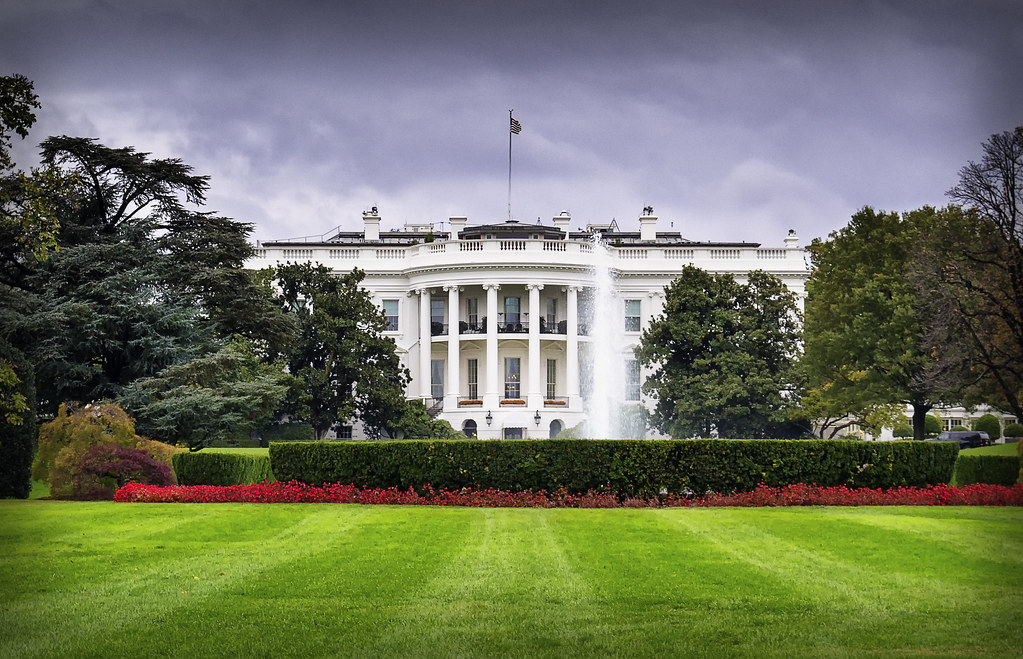Executive Order Halts American Investment in Chinese Quantum Technology

Insider Brief
- The Biden administration signed an Executive Order seeking the halt of American investment in certain Chinese technology.
- The sectors include quantum computing, artificial intelligence related to military applications and advanced semiconductors.
- White House officials say the regulations seek to stop U.S. investments from inadvertently contributing to advancing technology from countries that may be acting against U.S. interests.
The Biden administration has issued an executive order limited American investment in Chinese quantum technology, among other technologies that national security implications. The administration cited concerns over comprehensive strategies employed by certain countries that promote advancements in critical technologies, according to a White House statement released recently.
The President’s announcement arrives to support a newly issued Executive Order, directing the Department of Treasury to establish and execute a program aimed at regulating U.S. investment in specific technological sectors. These sectors include quantum computing, artificial intelligence related to military applications and advanced semiconductors. These technologies are identified as crucial components for military, intelligence, surveillance, and cyber-enabled operations, thus posing potential risks to U.S. national security.
The Executive Order introduces stringent measures to mitigate these risks. President Joe Biden highlighted that the Order would “prohibit U.S. persons from engaging in certain transactions and require that U.S. venture capitalists and other investors notify Treasury of prospective investments in companies located in China, Hong Kong, or Macau working in these fields.”
The Chinese Ministry of Foreign Affairs expressed its “firm dissatisfaction” and “strong opposition” to the United States’ decision to impose investment restrictions on China. The ministry conveyed that it had made formal representations with the U.S., conveying its concerns about the situation, according to Reuters.
Representing rising tensions with China, as well as a steep drop in venture capital investment generally, Reuters reports U.S.-based venture-capital investment in China dropped from $32.9 billion in 2021 to to $9.7 billion last year. So far in 2023, U.S. VCs s only invested $1.2 billion in Chinese technology startups.
Inadvertent Contributions
The intent behind these regulations is to ensure that U.S. investments do not inadvertently contribute to the technological advancement of countries engaging in activities detrimental to U.S. interests.
The President’s address underscored the urgency of addressing the evolving landscape of technological competition.
He writes: “Advancements in sensitive technologies and products in these sectors will accelerate the development of advanced computational capabilities that will enable new applications that pose significant national security risks.” The concern centers on the potential for these technologies to empower adversarial nations with military advantages.
While the President reaffirmed the importance of open investment policies for economic growth, he expressed the need to balance such policies with safeguarding national security.
President Biden stated, “The commitment of the United States to open investment is a cornerstone of our economic policy and provides the United States with substantial benefits.” However, he cautioned that careful oversight is necessary to prevent unintended support for sensitive technology development in countries posing a risk.
President Biden’s declaration of a national emergency and the subsequent Executive Order mark a pivotal shift in the U.S. approach to foreign investment and technological competition. As the Department of Treasury implements the new regulations, the global investment landscape is likely to witness significant changes. President Biden’s actions underscore his administration’s commitment to addressing emerging national security challenges posed by advancements in critical technologies.
